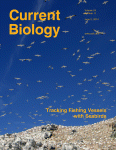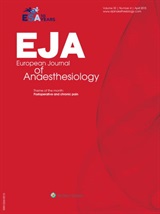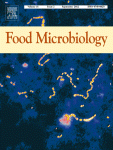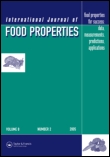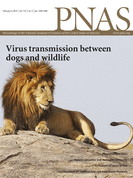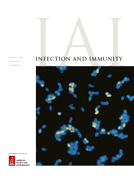 A paper on apoptosis in mice has been retracted by Infection and Immunity after a reader tipped them off that several figures were “not faithful representations of the original data.”
A paper on apoptosis in mice has been retracted by Infection and Immunity after a reader tipped them off that several figures were “not faithful representations of the original data.”
When the journal, published by the American Society for Microbiology (ASM), contacted the authors at Anhui Medical University in Hefei, China, they claimed they couldn’t provide the experimental data thanks to “damage to a personal computer,” said Ferric Fang, editor of the journal and a member of the board of directors of the Center for Scientific Integrity, Retraction Watch’s parent organization. Seven figures in total were compromised, including several that were duplicated throughout the article.
Here’s the notice for “Reactive Oxygen Species-Triggered Trophoblast Apoptosis Is Initiated by Endoplasmic Reticulum Stress via Activation of Caspase-12, CHOP, and the JNK Pathway in Toxoplasma gondii Infection in Mice”: Continue reading “Not faithful” figures kill apoptosis paper
